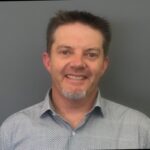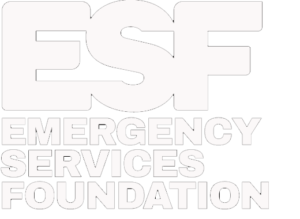Caring for the bereaved, survivors and first responders

Most recently storms and COVID have been front of mind in Victoria but we are a country routinely faced with disasters. The emotional and behavioural impacts of disasters on survivors and responders are not customarily included in disaster planning. Missing from many discussions of disaster management is the importance of the phase-specific and hazard-specific nature of our reactions to traumas and tragedies. Many people today have PTSD because their trauma was not addressed effectively at the time.
Meet our Speakers
Kjell Brataas has been on the front lines of crisis communication during some of Norway’s most devastating crises. He has held important crisis management positions after the Indian Ocean tsunami in 2004, the terrorist attacks in Oslo and on Utøya in 2011 and the COVID-19 pandemic in 2020. His practical experience working with private companies and Norwegian government ministries has been applied in his writing about crisis communication and the human dimensions of disasters.
Shannon Hood has a private counselling practice and works as a Principal Consultant and Supervisor for Converge International. For the past two decades he has specialised in working with Emergency Services personnel. He has recently provided mental health services to ACT SES, ACT RFS, NSW Police, The Australian Maritime Safety Association and various emergency services in Victoria. Shannon has also delivered mental health training across Australia most recently with ESFs Mental Health Matters Program. In 2009 he was awarded a special commendation for mental health services delivered to fire fighting volunteers in the days and weeks immediately following Black Saturday. He spent 13 years as an operational volunteer with the SES in SA.
Dr Graham Dwyer’s research examines the ways that we make sense and learn from natural hazard events such as bushfire. He has recently completed a research study with Professor Leanne Cutcher (University of Sydney) in partnership with the CFA which focused on the ways in which emergency management organizations – primarily firefighters – commemorate and remember major bushfire events. His recent work has brought attention to the important ways that different types of commemoration can facilitate healing amongst those emergency management practitioners who have lived through difficult and challenging experiences. Graham is also Course Director (Master of Social Impact) at the Centre for Social Impact at Swinburne University where he teaches in the areas of social change and leadership
Each speaker agrees that that in any disaster situation you can only do the right thing by people if you start your preparations well in advance and make use of the lived experiences of survivors and first responders involved in other disasters to inform your planning. Their insight and ideas will be invaluable for anyone planning for disasters and the wellbeing of all the people involved.




